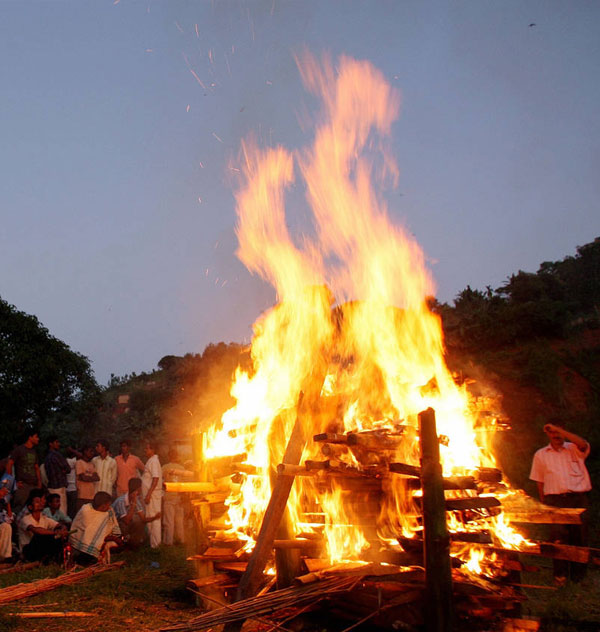
Antim Sanskar is a Hindu funeral ceremony performed after the death of a person to bid farewell to the departed soul and offer prayers for their smooth transition to the afterlife. The word 'Antim' means last, and 'Sanskara' refers to the ritual purification.
The ceremony usually involves washing and dressing the body, followed by a procession to the cremation ground or burial site. The body is placed on a funeral pyre, and the family members offer prayers and perform specific rituals while the pyre is lit. The ashes of the deceased person are then collected and immersed in a holy river or other sacred water body.
Antim Sanskar is an important ritual in Hindu tradition, and it is believed that performing the ceremony with devotion and sincerity can help the departed soul attain peace and liberation. The ceremony is also an opportunity for family and friends to offer their respects and support to the grieving family.
It is important to note that the Antim Sanskar ceremony may vary in different regions and communities, and there may be some specific customs and traditions followed during the ceremony. The ceremony should be performed with respect and devotion to ensure the well-being and peace of the departed soul. It is typically performed under the guidance of a priest or a qualified person who has experience in performing such rituals.
Note: Pandit ji has celestial instincts, keeping this in mind while booking the puja, note that no refund of any kind will be given after the puja is booked.
This fixed dakshina for all puja bookings is valid only in Varanasi. Dakshina will increase for puja bookings in other cities.